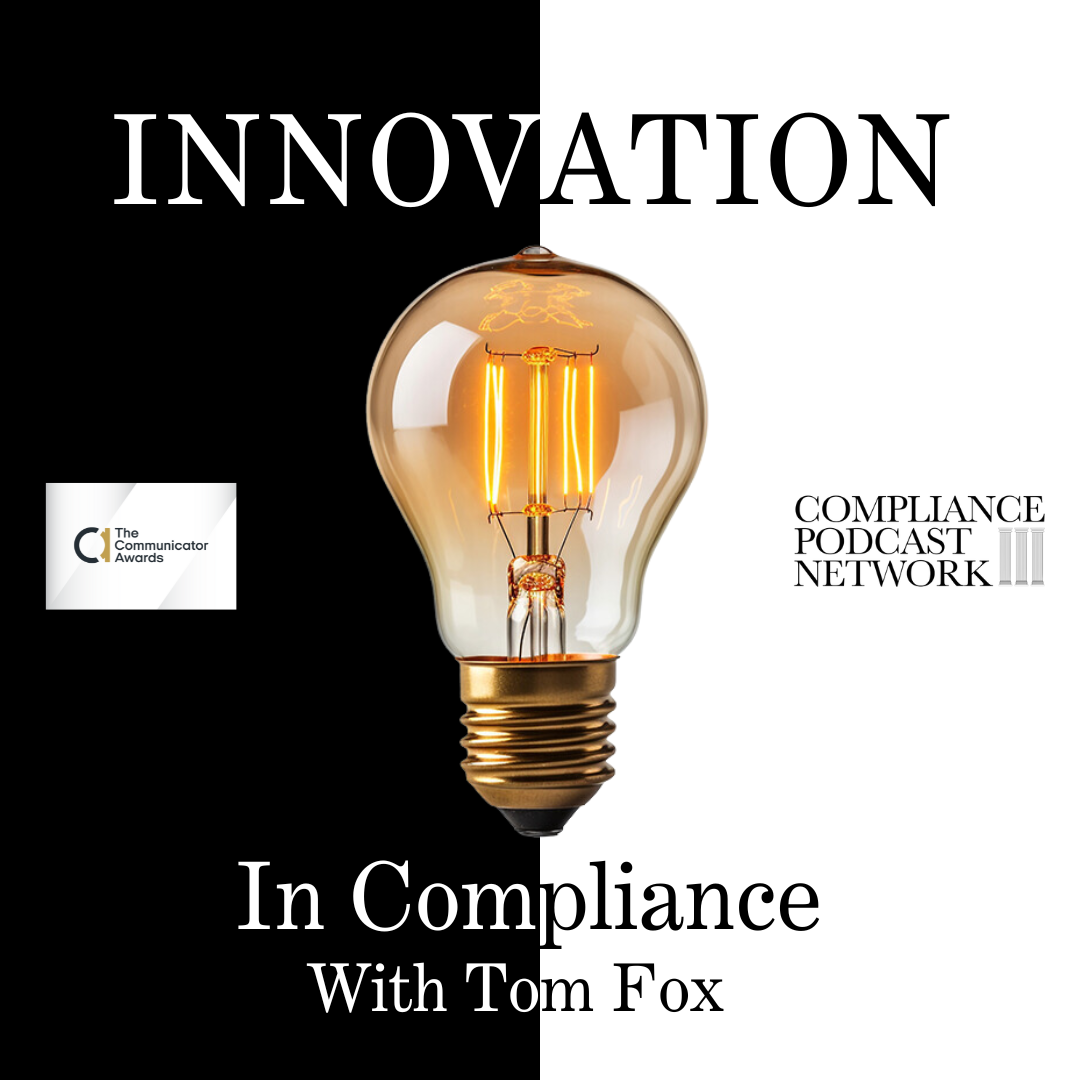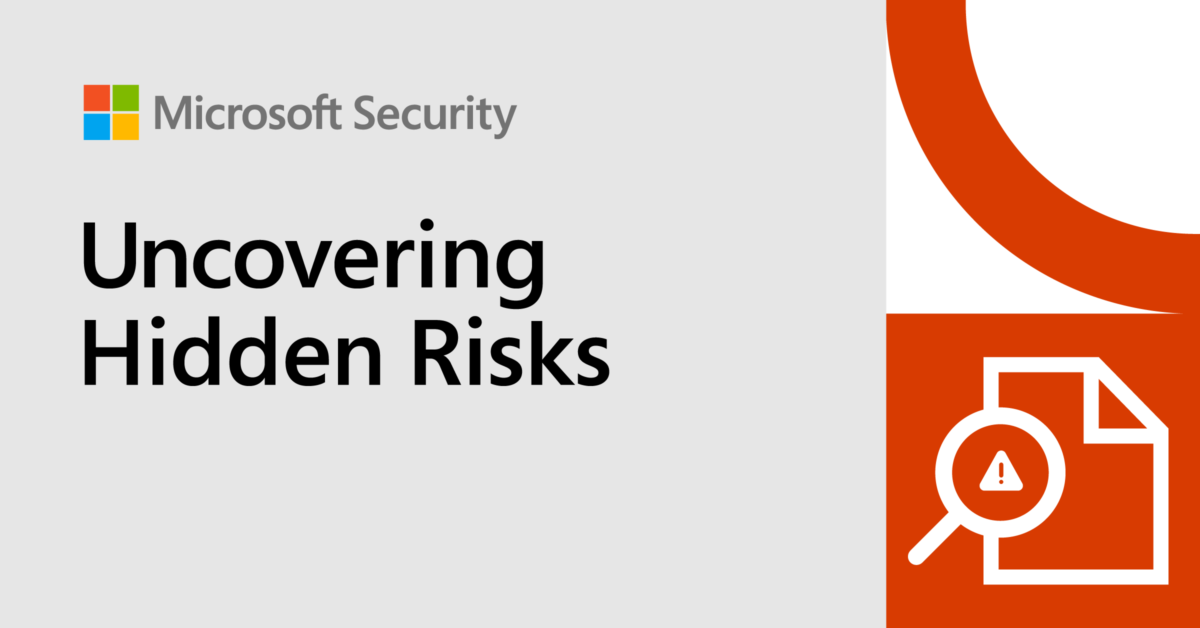There is not much I enjoy more than sitting down with one of the innovative thinkers in compliance, Carsten Tams to find out what is on his mind regarding compliance. Tom Fox recently had the opportunity to do so on the topic of making compliance training memorable. Over this short, five-part series, we will introduce the problem and challenges and then provide you with four proven strategies for success in your compliance training.
In this Episode 4, we discuss making learning social and collaborative so that learners work together to search for understanding, meaning, or solutions.
Social learning refers to learning with each other, from each other, and about each other. Social Learning Theory tells us that a lot of learning consists of observing and emulating others. Collaborative learning also affords participants with the opportunity to gain unique insights and skills. Cooperative learning allows participants to develop their social-emotional and interpersonal skills. They can practice ethical voice, simply by discussing an ethical situation with each other.
During collaborative learning, participants can establish new social ties with other learners or deepen existing ties. Learners can discover that other participants care about the same ethical values. Learners can foster trust among each other and a shared expectation of mutual support in moments of difficulty. During collaborative learning, participants can experience that they can augment their problem-solving capabilities by combining their respective resources (e.g., experience, ingenuity, networks). These learning benefits are difficult, if not impossible, to acquire through individual learning.
Tom and Carsten explore the concept of social learning, referencing theories by Lev Vygotsky on social constructivism and Albert Bandura on vicarious learning and self-efficacy, to explain how behaviors and ethical values are acquired through social interaction. They emphasize that learning ethics and compliance can be more effective in a social context, whether it is through discussing ethical dilemmas, observing others’ behaviors, or learning from shared experiences.
The dialogue also touches on the importance of building social capital through ethical discussions, which helps in crafting solutions to ethical challenges as a team. Furthermore, they argue that every aspect of work has an ethical dimension and that recognizing the ethical implications of seemingly minute actions can significantly contribute to an organization’s ethical resilience. The episode concludes with anticipation for the next episode, focusing on making compliance training fun.
Highlights and Key Issues Discussed:
- Introduction to Social Learning in Ethics and Compliance
- Exploring Social Learning Theory
- The Impact of Social Learning on Ethical Behavior
- Social Learning’s Role in Organizational Culture
- Practical Examples of Social Learning in Action
- Deep Dive into Safety and Ethics in the Workplace
Resources:
Articles and Books
- Boyd, R., Richerson, P. J., & Henrich, J. (2011). The cultural niche: Why social learning is essential for human adaptation. PNAS Proceedings of the National Academy of Sciences of the United States of America, 108(Suppl 2), 10918–10925. https://psycnet.apa.org/doi/10.1073/pnas.1100290108
- Reed, M. S., A. C. Evely, G. Cundill, I. Fazey, J. Glass, A. Laing, J. Newig, B. Parrish, C. Prell, C. Raymond, and L. C. Stringer. 2010. What is social learning? Ecology and Society, 15(4), [r1]. http://dx.doi.org/10.5751/ES-03564-1504r01
- Marjan Laal, Seyed Mohammad Ghodsi, Benefits of Collaborative Learning. Procedia—Social and Behavioral Sciences, 31, 486-490.
https://doi.org/10.1016/j.sbspro.2011.12.091 - Bandura, A. (1977). Social learning theory. Englewood Cliffs, NJ: Prentice Hall.
- Bauman, Z. (2000). Special essay. Am I my brother’s keeper? European Journal of Social Work, Vol. 3, No. 1, pp. 5–11 https://doi.org/10.1080/714052807
Carsten Tams on LinkedIn
Tom Fox










